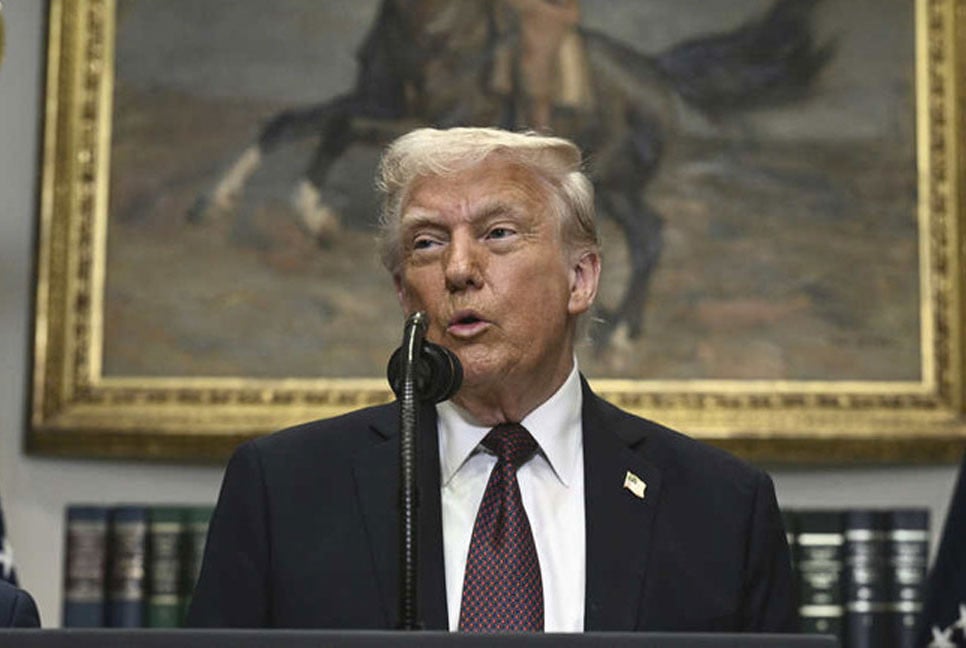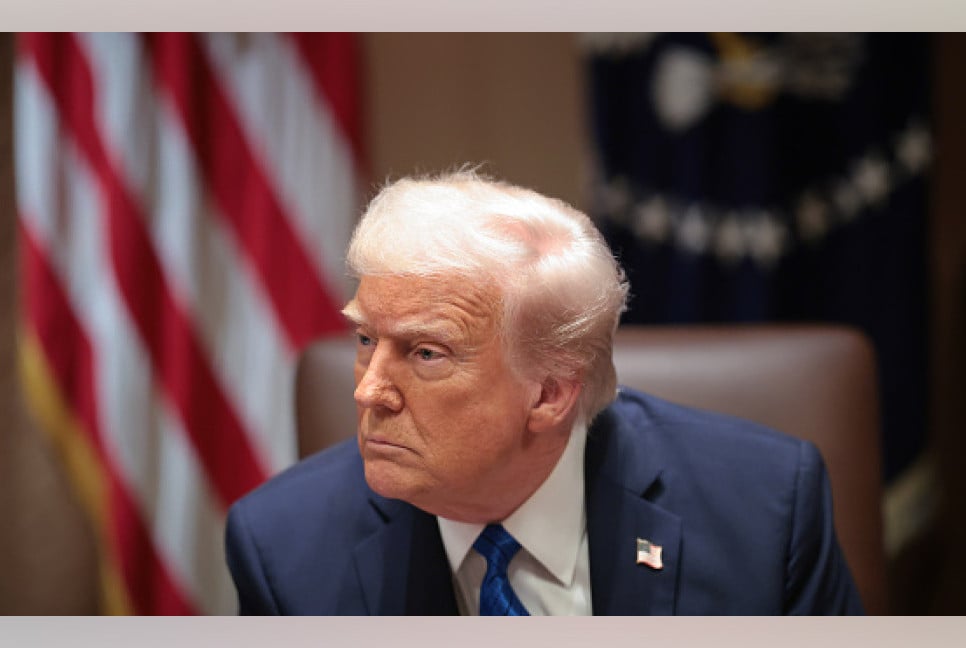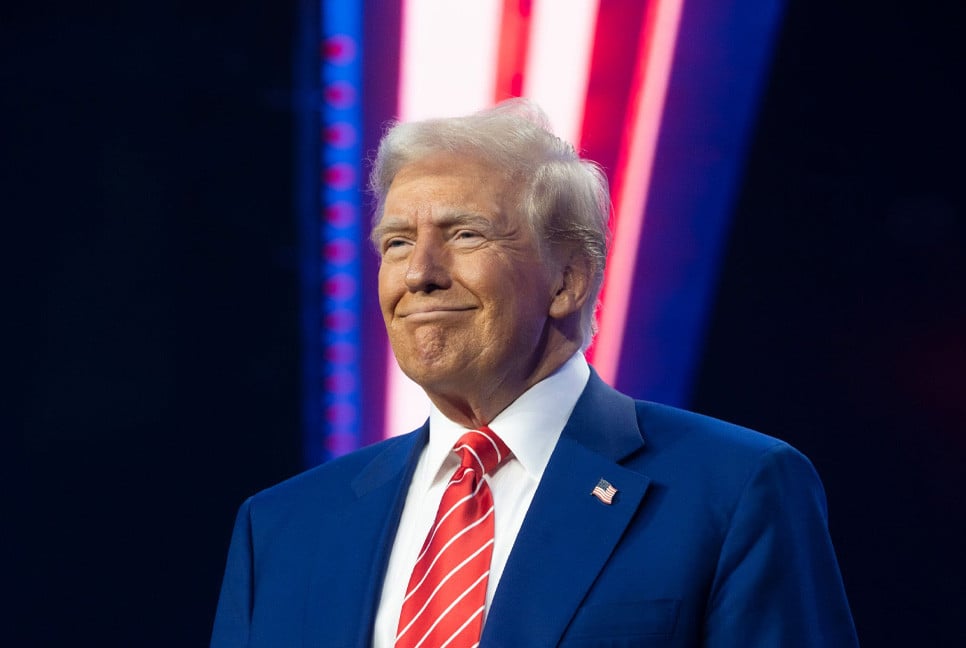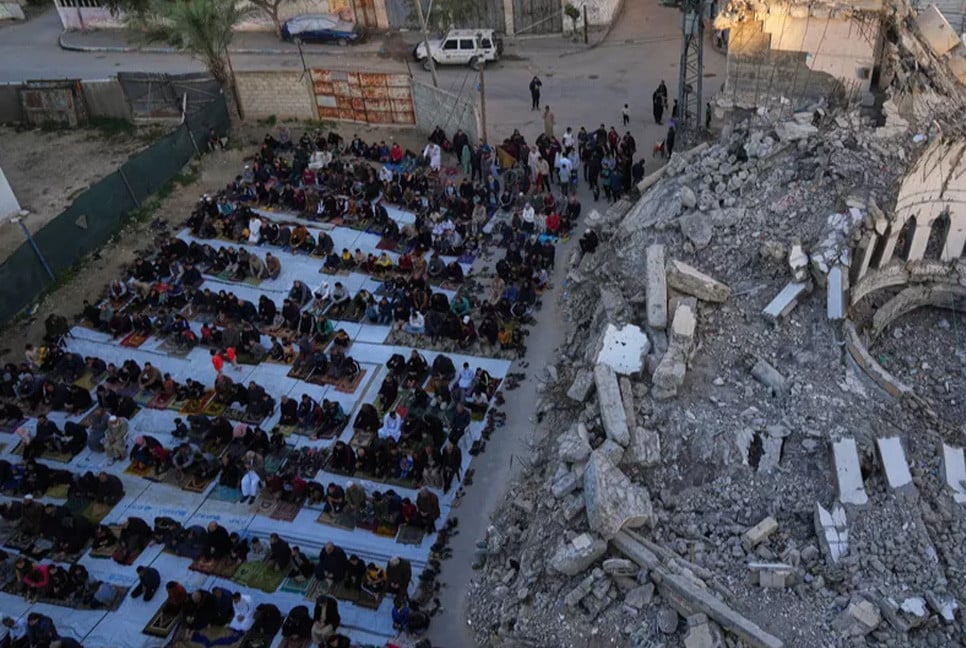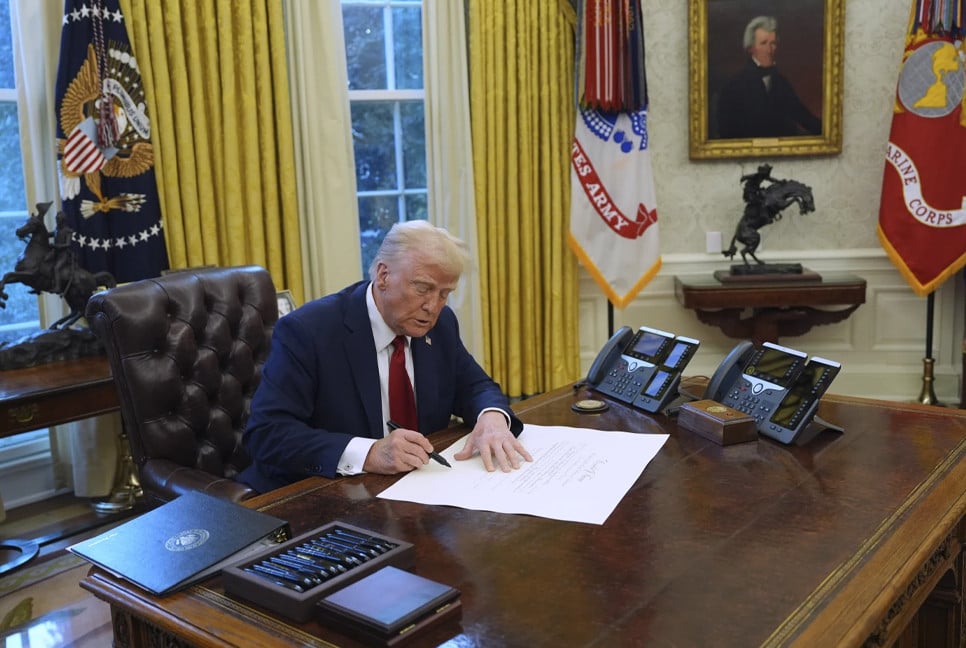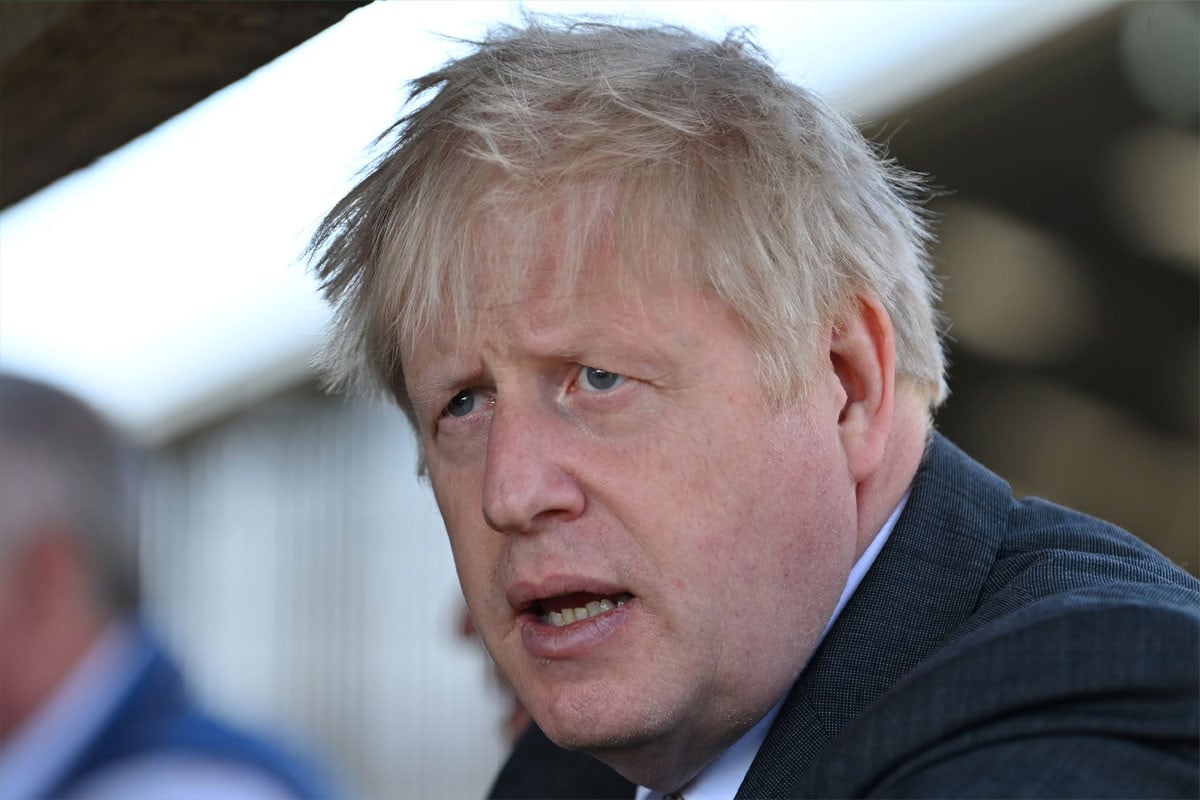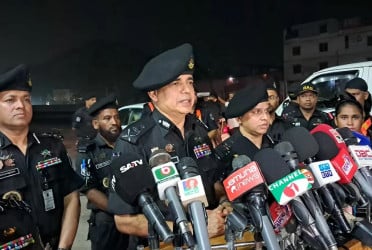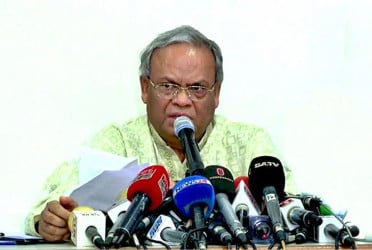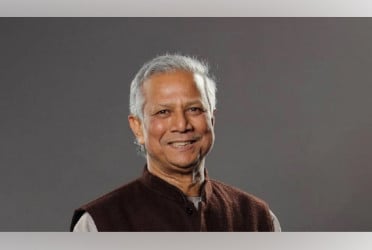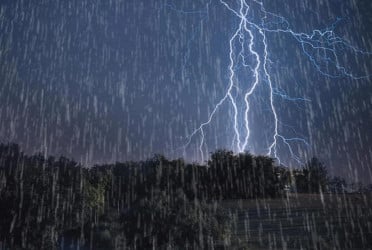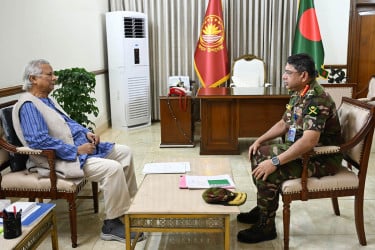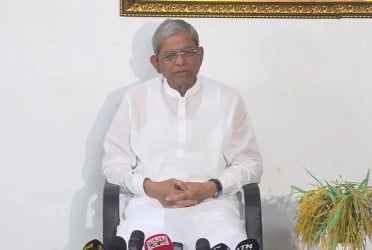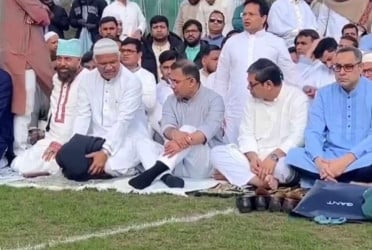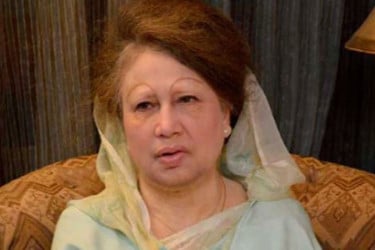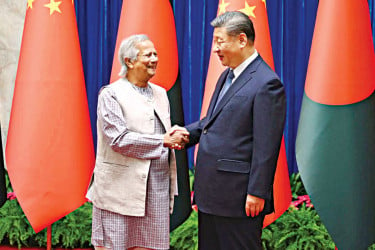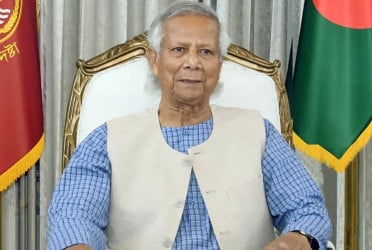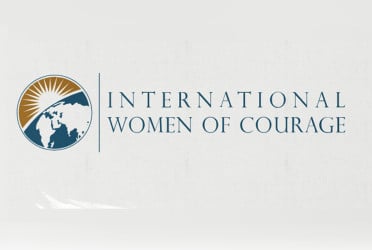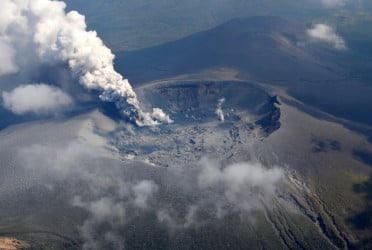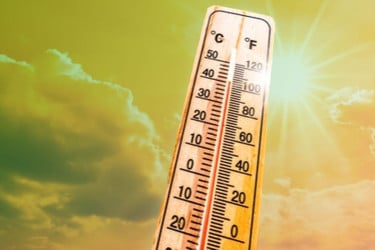Moscow and Washington have expressed a commitment to advancing the Black Sea Initiative as part of efforts to address the ongoing Ukraine conflict. However, according to the Kremlin, the deal will only come into effect once the US lifts a range of sanctions that have been hindering Russia’s trade and freedom of navigation, reports RT.
Both the Kremlin and the White House confirmed on Tuesday that, under the terms of the agreement, the US would assist in restoring Russia’s access to global markets for agricultural and fertilizer exports. This includes reducing maritime insurance costs, enhancing port access, and facilitating payments for these transactions. Moscow further stated that the deal would also involve removing restrictions on Russian Agricultural Bank and other financial institutions involved in the international trade of food and fertilizers. Additionally, sanctions on Russian-flagged vessels, port services, and the supply of agricultural machinery to Russia would be lifted.
While the White House refrained from providing specific details, President Donald Trump acknowledged that his administration is actively considering easing some sanctions on Russia. “They will be looking at them, and we’re thinking about all of them right now. There are about five or six conditions. We’re looking at all of them,” Trump told reporters on Tuesday.
Later in the day, Ukrainian President Volodymyr Zelensky expressed strong criticism of the US’s discussions on the matter, accusing Washington of engaging with the Russian delegation without adequately informing Kiev. “We did not agree to this so that it would be in a joint document. We believe that this is a weakening of positions and a weakening of sanctions,” Zelensky stated.
The agreement to revive the Black Sea Grain Initiative follows 12 hours of talks in Saudi Arabia between experts from both the US and Russia, focused on resolving the Ukraine conflict. Initially brokered by the UN and Türkiye in July 2022, the deal allowed the safe passage of Ukrainian agricultural products in exchange for the West easing sanctions on Russian grain and fertilizer exports. Moscow had previously refused to extend the deal, citing the West’s failure to honor its commitments. Now, Russian Foreign Minister Sergey Lavrov has insisted that Moscow requires firm guarantees from the US, with only a “direct order” from Washington being sufficient to compel Ukraine to abide by any agreement.
Bd-pratidin English/ Jisan

